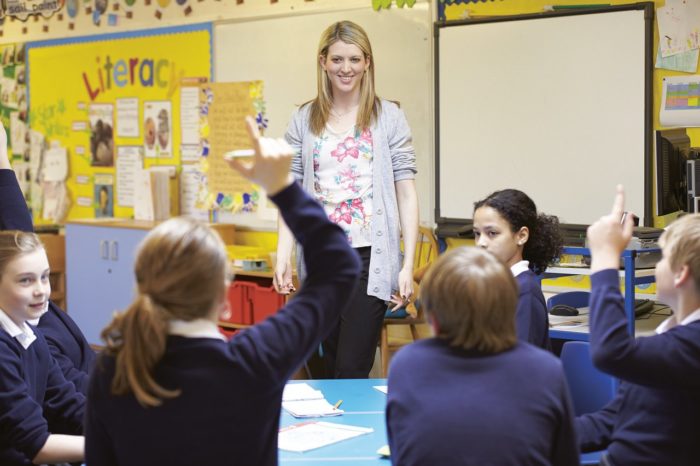Editor’s Note: Do you have a school or student-related problem you wish to share with our 3 advice columnists? Just write to “Ask XYZ” at mcsmrampage@gmail.com, and perhaps your question will be chosen as one of those answered in an upcoming issue.
Dear XYZ: How do I study and prepare properly for exams?
X responds: First off, everyone learns and retains information differently, so keep that in mind when reading this. Here are some tips and tricks I’ve picked up when studying. One of the first things you should do is to have an organized study space. By a study space I don’t mean a large desk, your study space can be a place other than your bed. When you think of your bed you tend to think of sleeping or relaxation, and when you’re studying your brain needs to be focused. Your kitchen table can be a good space to study, but make sure that your space is clean and doesn’t contain unnecessary or distracting items.
Arguably, the most important step in studying for an exam is knowing how you learn. Everyone learns differently so it’s important that you study the way you learn things. Some people may want to look up a YouTube video on the course and others may want to create diagrams. You could try and experiment which way you learn best. Try studying for one exam one way, and then for the next test another way.
Depending on how much the exam will impact your grade, you will decide when you should start studying. For a large exam, like midterms or finals, you should start studying weeks or even a month in advance, depending on the class. However, for exams after a unit of material, a week should be enough time for you to study. Once you decide the amount of time you have, it’s best to create a “study plan” for yourself. A study plan should be very detailed. Every day should have a list of tasks you need to do, and what time you are going to do them. (Example: Monday (3:30-4:45)- Read chapters one and two and write a summary on each, review lessons one and two, and answer online regents questions.)
Leave one or two days where you don’t study, so just in case something comes up where you can’t study, your whole study plan isn’t ruined. If your teacher has office hours/tutoring, attend them and ask your questions. If you are shy and don’t want to ask your question in front of your peers, email your teacher with your questions and see if they get back to you.
Good luck on your exams! Don’t stress out too much!
Dear XYZ: How can I make good connections with my teachers?
Y replies: Student – teacher relationships are very important at all levels of education, especially in high school. When senior year comes along, it is required for you to have teacher recommendations for your college applications. By having good connections with teachers, you make your learning experience more beneficial. Here are some ways to make good connections with your teachers.
- Be Respectful – This one is self-explanatory. Treat both your teachers and peers with kindness and respect.
- Show Initiative in Class – Be engaged in their class. By participating and asking questions, you show that you are interested in learning more.
- Be Prepared for the Class – Bring all of your required materials for class. This includes your homework, pens, pencils, calculators, your brain, etc…
- Do Your Classwork and Homework – Complete your classwork during the period, and make sure you submit homework, assignments, and projects on time.
- Come to Class on Time – By coming in on time, you are showing that you take their class seriously.
There are many other ways to build upon these connections. It is never too late to start creating good relationships with teachers. In doing so, you are helping yourself become a better student.
Dear XYZ: I’m confused…are Barnard College and Columbia the same thing? If I get accepted into Barnard, can I say that I go to Columbia?
Z says: Technically, they are two separate administration systems even though they have a partnership with one another. Barnard has a partnership with Columbia University. Columbia is a private university that is open to all, and Barnard is an all-female college. Many colleges have partnerships with another, and it can get pretty confusing distinguishing the two, especially if they share a lot. Students can attend classes on each other’s campuses, attend the same clubs and events, etc. Barnard’s partnership with Columbia can give Barnard students a lot of advantages due to the fact it Barnard a small college (about 2,600 students).
Additionally, Columbia has a higher acceptance rate than Barnard, and Barnard is described as: “a self-sustaining entity under the Columbia umbrella.” It is best to say you go to the place that officially accepted you, to avoid any sort of confusion or false representation, since they are two different schools. I wish you the best luck in college!!
***
Photo Credits:
Slideshow image by Gerd Altmann from Pixabay
Image by Free-Photos from Pixabay
Second Image by 14995841 from Pixabay
Third Image by Joseph Edwards on Unsplash


